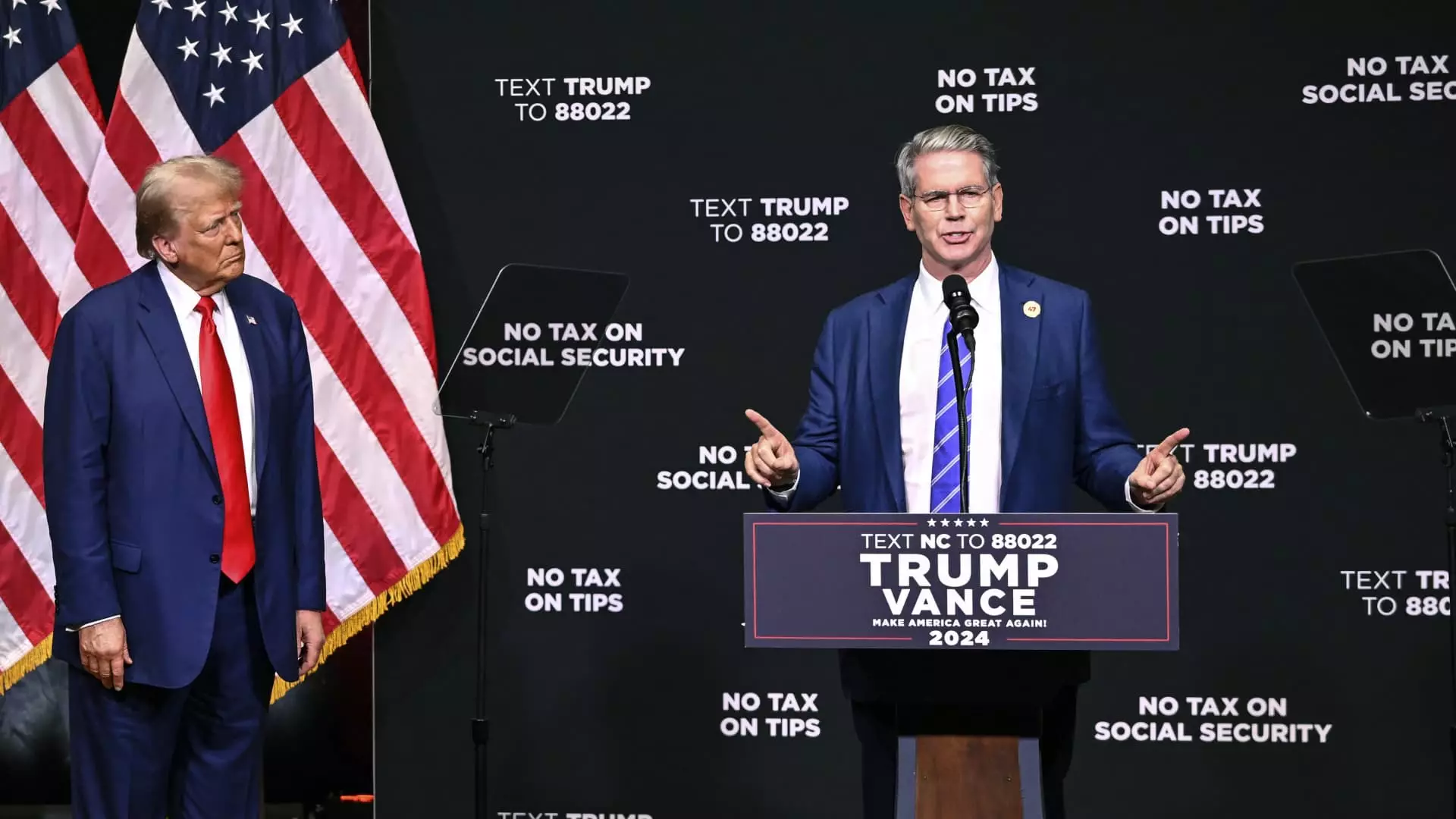In a significant shake-up within the U.S. financial regulatory landscape, President Donald Trump has appointed Scott Bessent as the acting director of the Consumer Financial Protection Bureau (CFPB), following the dismissal of Rohit Chopra. Bessent, who notably served in the capacity of Treasury Secretary and has a background as a hedge fund manager, is expected to steer the CFPB in alignment with the administration’s priorities. This article delves into the implications of this appointment, the historical context surrounding the CFPB, and the ongoing tension between regulatory bodies and the financial industry.
The CFPB was established in the aftermath of the 2007-2008 financial crisis, a tumultuous period marked by widespread economic instability stemming from reckless lending practices and financial mismanagement by banks. The bureau’s inception aimed to safeguard consumers against future financial mishaps and to ensure a more transparent and accountable banking system. Rohit Chopra, installed by former President Joe Biden, often found himself in conflict with leading financial institutions as he pursued stringent measures intended to protect consumers—most prominently, initiatives aimed at limiting credit card late fees and overdraft penalties.
Chopra’s confrontational approach earned him both accolades and criticism; while consumer advocates lauded his aggressive stance against exploitative banking practices, industry representatives criticized him for what they deemed excessive regulatory overreach. His efforts to broaden the scope of consumer protections led to numerous legal battles with banking associations, which argued that his regulatory proposals could ultimately harm consumers by increasing costs for banks, which would be passed down to their clients in other forms.
Bessent’s appointment signals a potential shift in the CFPB’s regulatory philosophy. His experience in the financial sector, combined with a commitment to advancing President Trump’s agenda, might hint at a renewed focus on deregulation. In his statements, Bessent expressed a desire to work alongside the CFPB to promote economic growth and reduced costs for consumers, suggesting a more lenient regulatory approach compared to Chopra’s directives.
The Consumer Bankers Association welcomed Bessent’s arrival, anticipating a reversal of what they consider partisan policies. They hope Bessent will acknowledge the broader economic implications of regulations, recognizing that stringent measures may unintentionally stifle financial innovation and exacerbate the cost of financial services. As Bessent assumes leadership, the banking sector eagerly awaits clarity on how his administration will implement policy changes and prioritize consumer protection.
The implications of Bessent’s leadership will likely extend beyond industry representatives, as millions of consumers could feel the effects of the deregulatory moves. Critics of the CFPB’s previous measures argue that high compliance costs for banks could lead to fewer services being offered, higher fees, and less access to credit. Bessent’s approach may prompt the CFPB to prioritize the interests of financial institutions over consumer safeguards, raising concerns among consumer advocacy groups.
Moreover, the potential reversal of regulations initiated under Chopra’s leadership raises questions about the balance between consumer protection and the operational integrity of the banking sector. As Bessent seeks to recalibrate the focus of the CFPB, it is crucial to consider how this shift could affect vulnerable populations who rely heavily on consumer protections in their financial dealings.
The transition from Chopra to Bessent at the CFPB marks a pivotal moment in the regulatory landscape that governs consumer finance. As the agency prepares to chart a new course, the discussion surrounding its future direction continues to intensify. The ongoing influence of partisan politics, intertwined with the needs of consumers and the financial industry, will undoubtedly shape the CFPB’s policies in the years to come. Stakeholders from every sector will be monitoring this transition closely, as the outcomes could redefine the model of consumer protection in the U.S. financial system.

